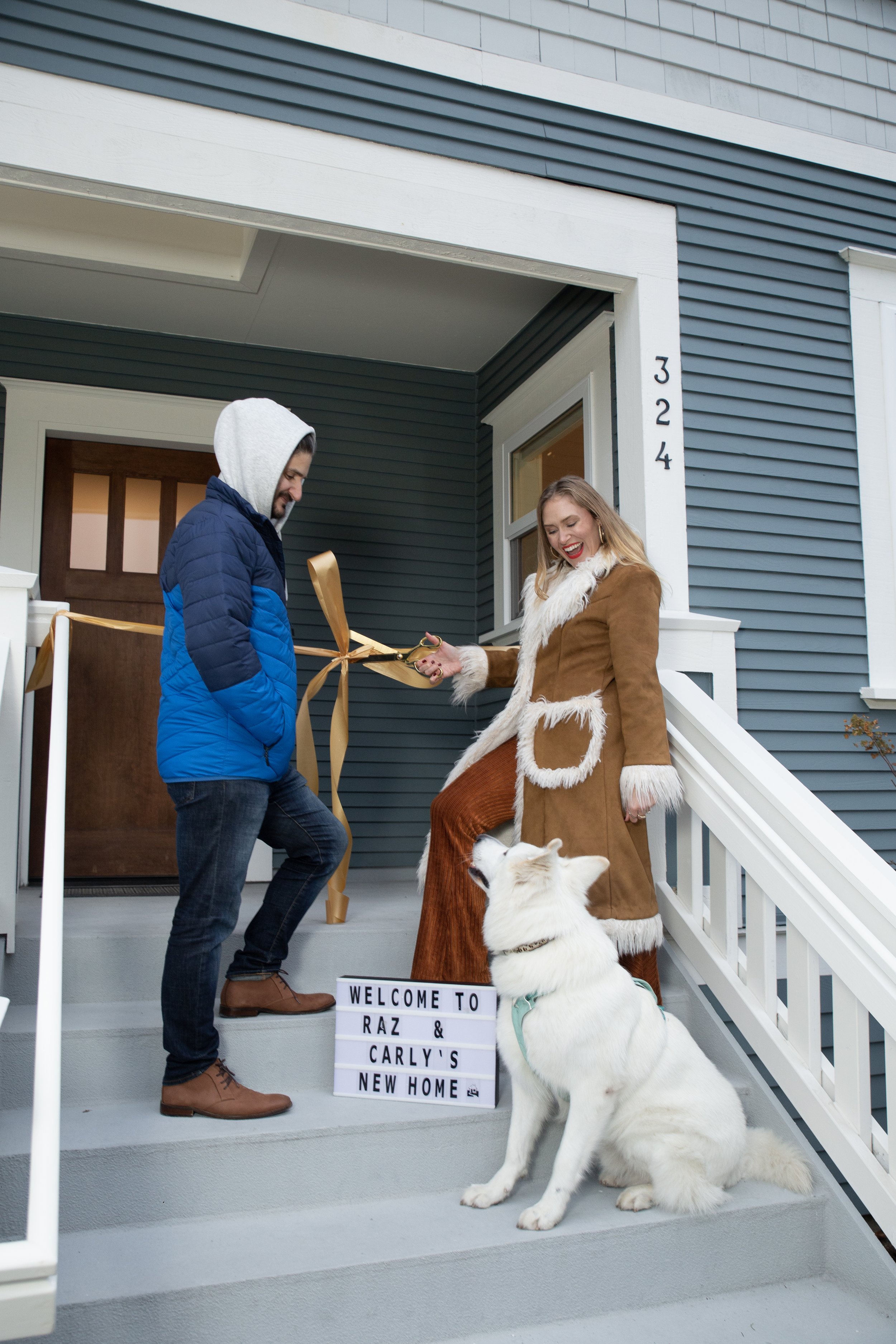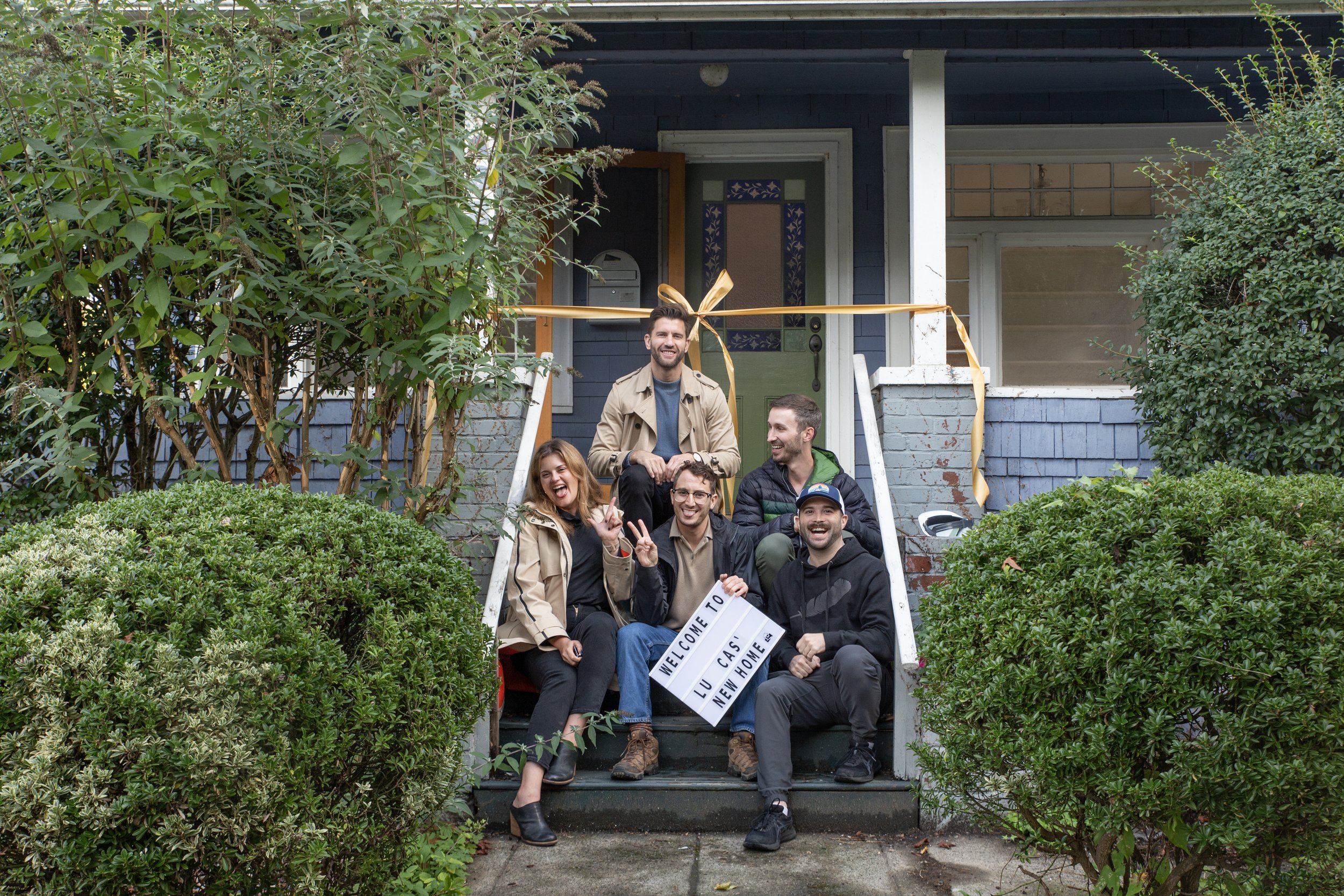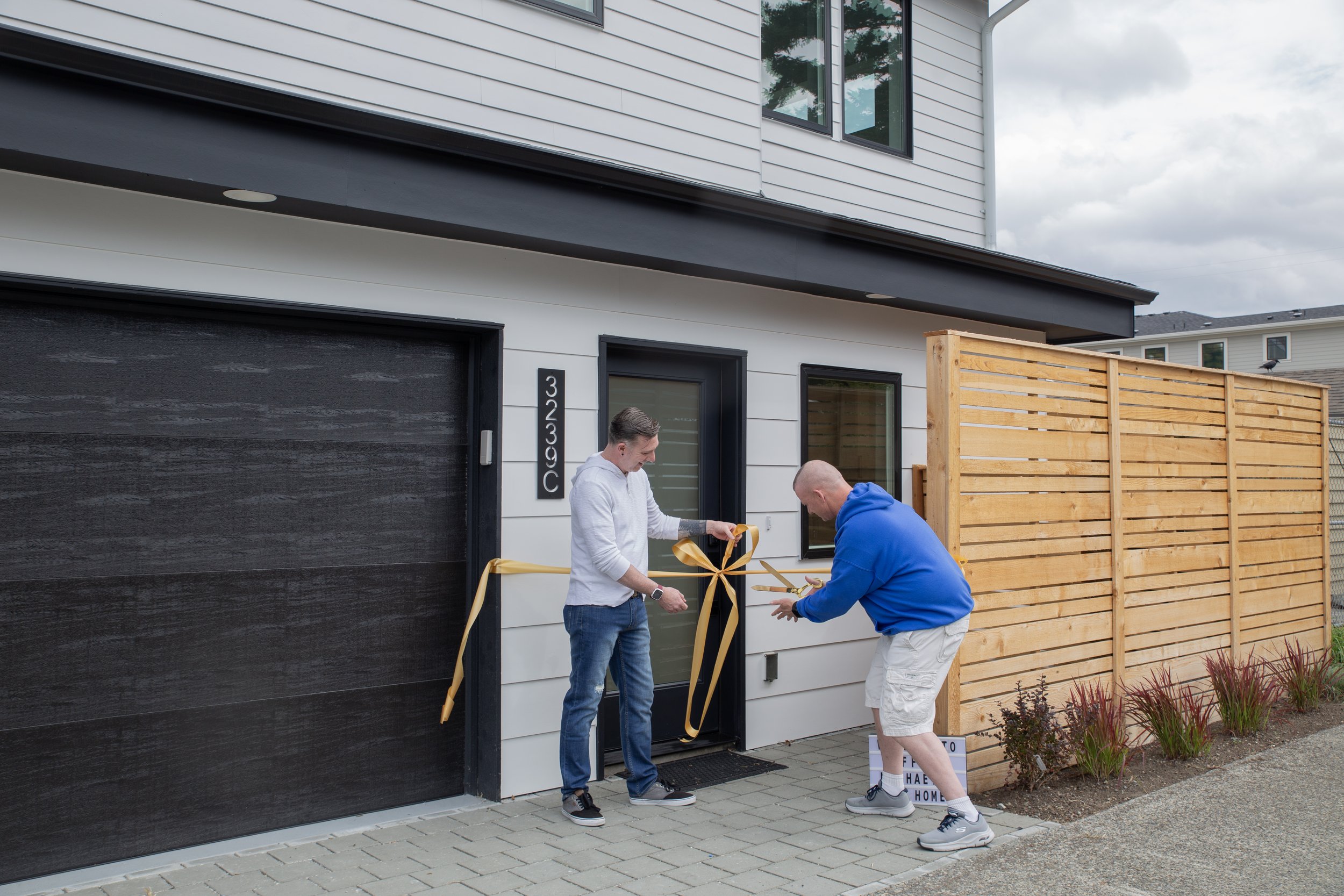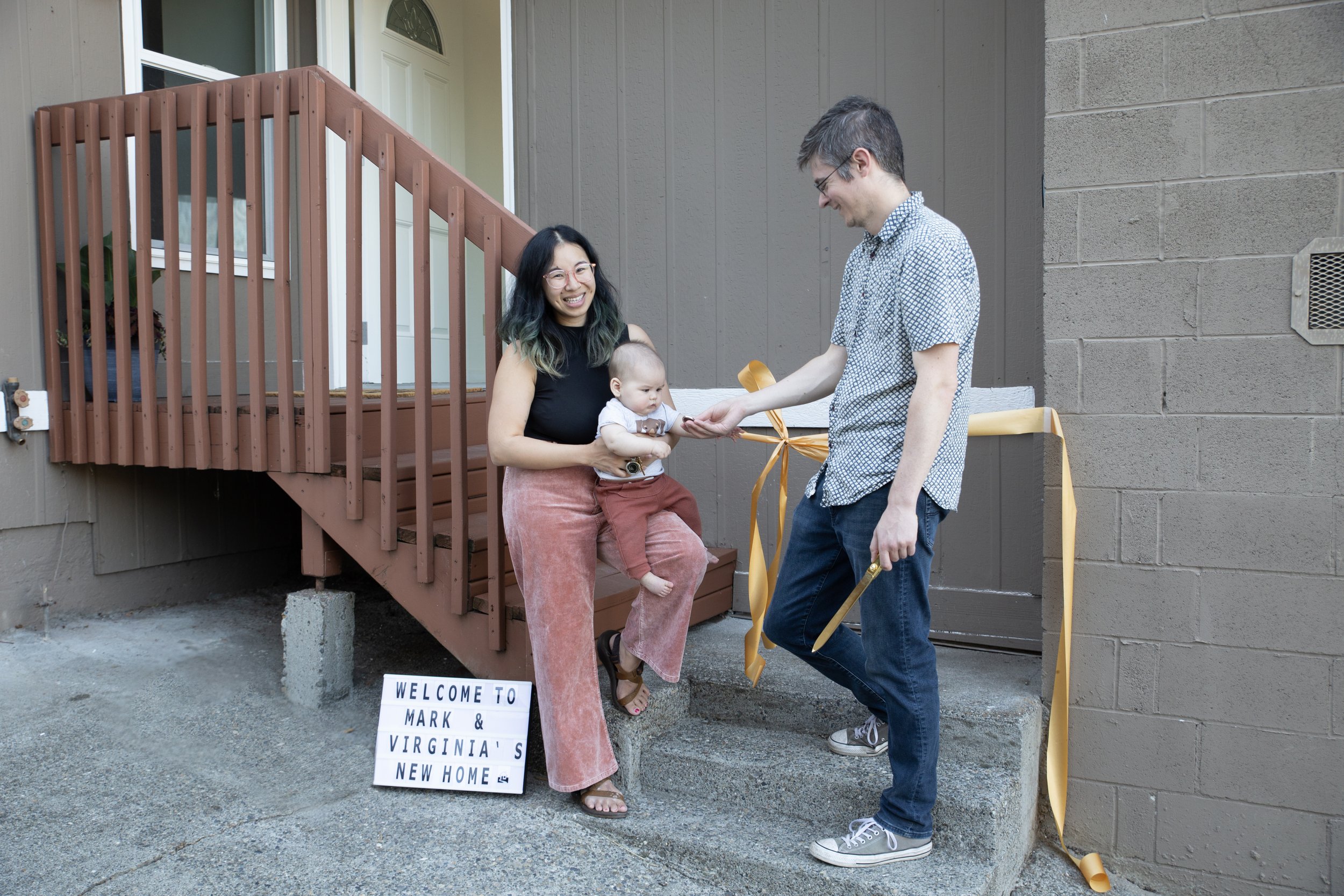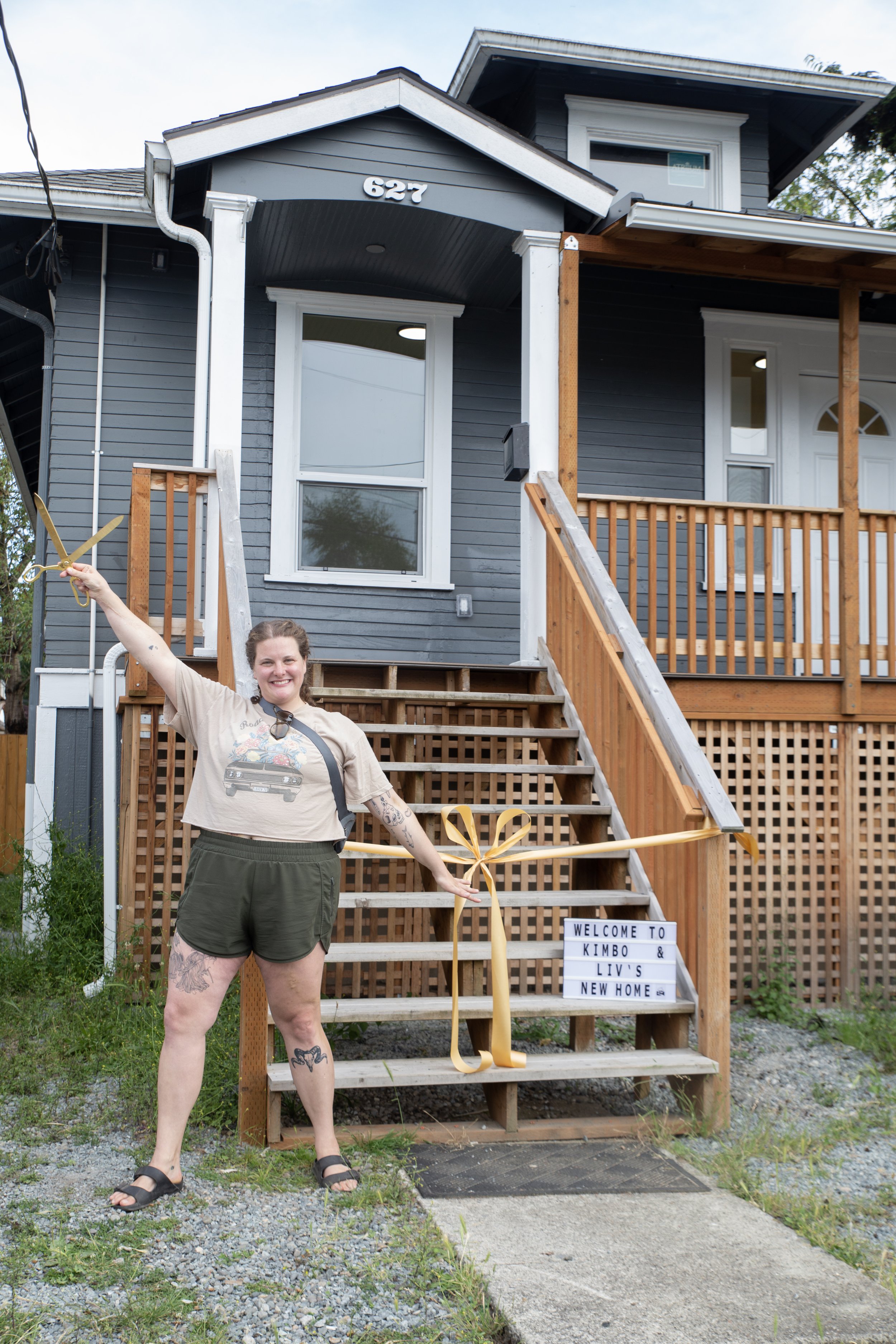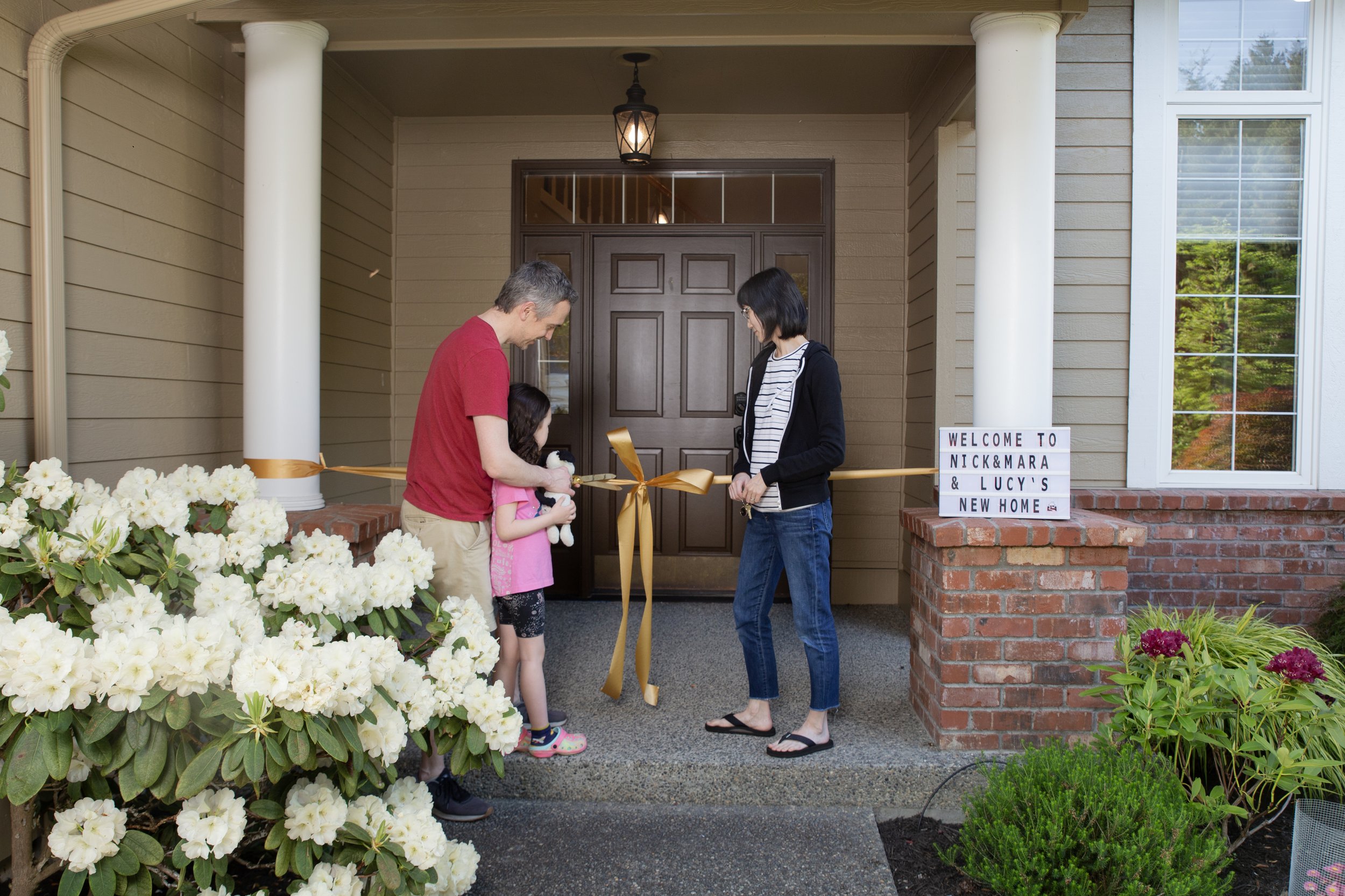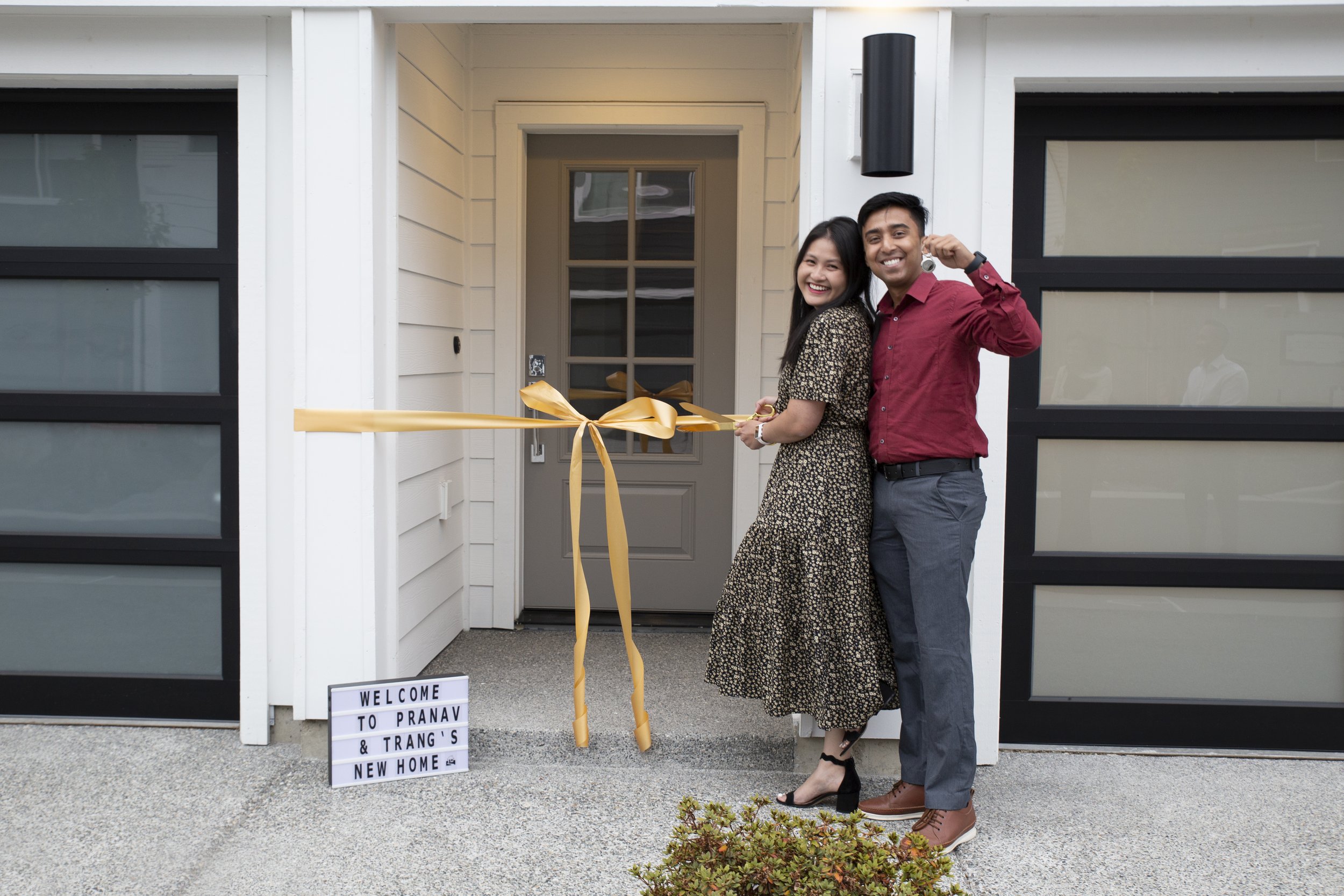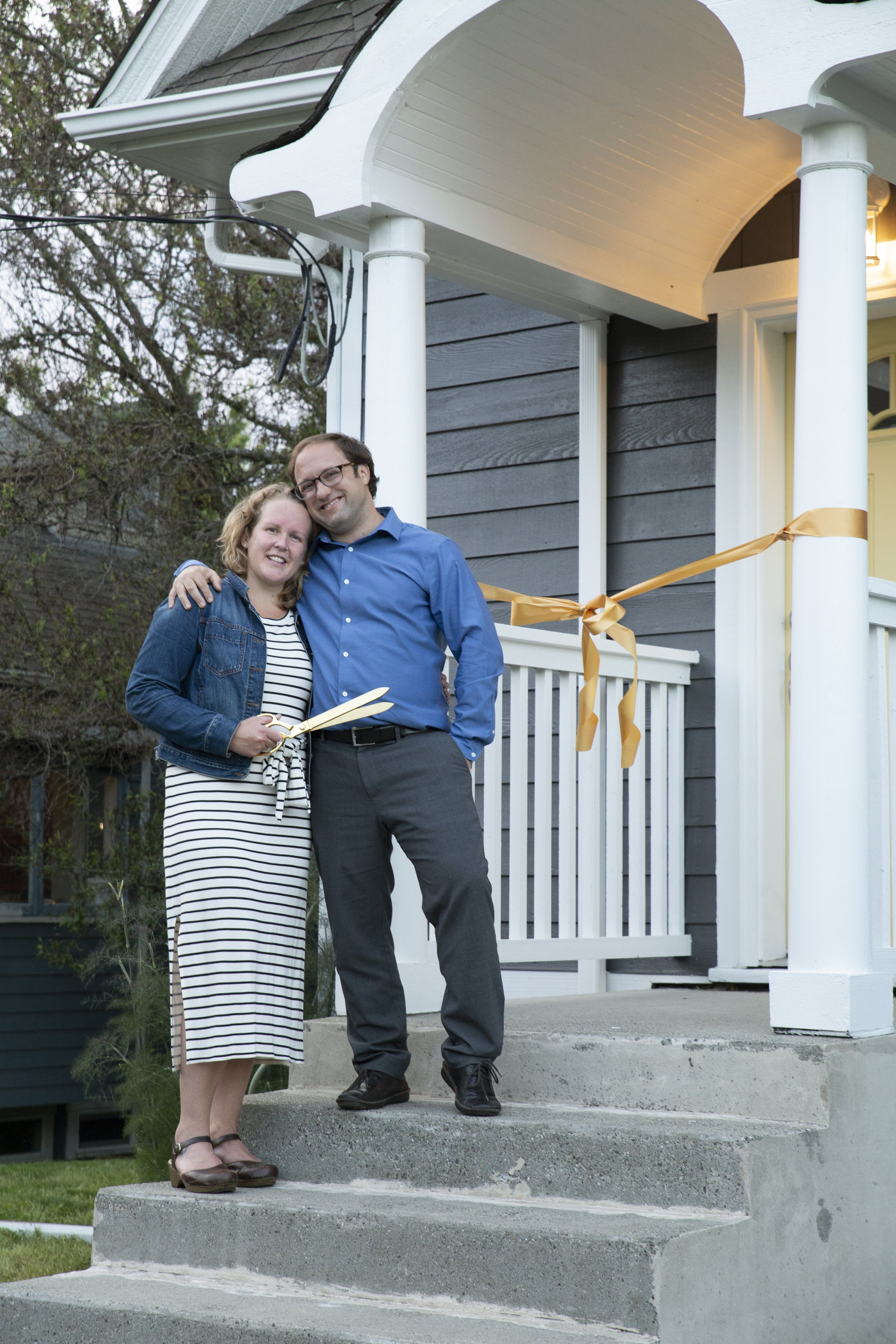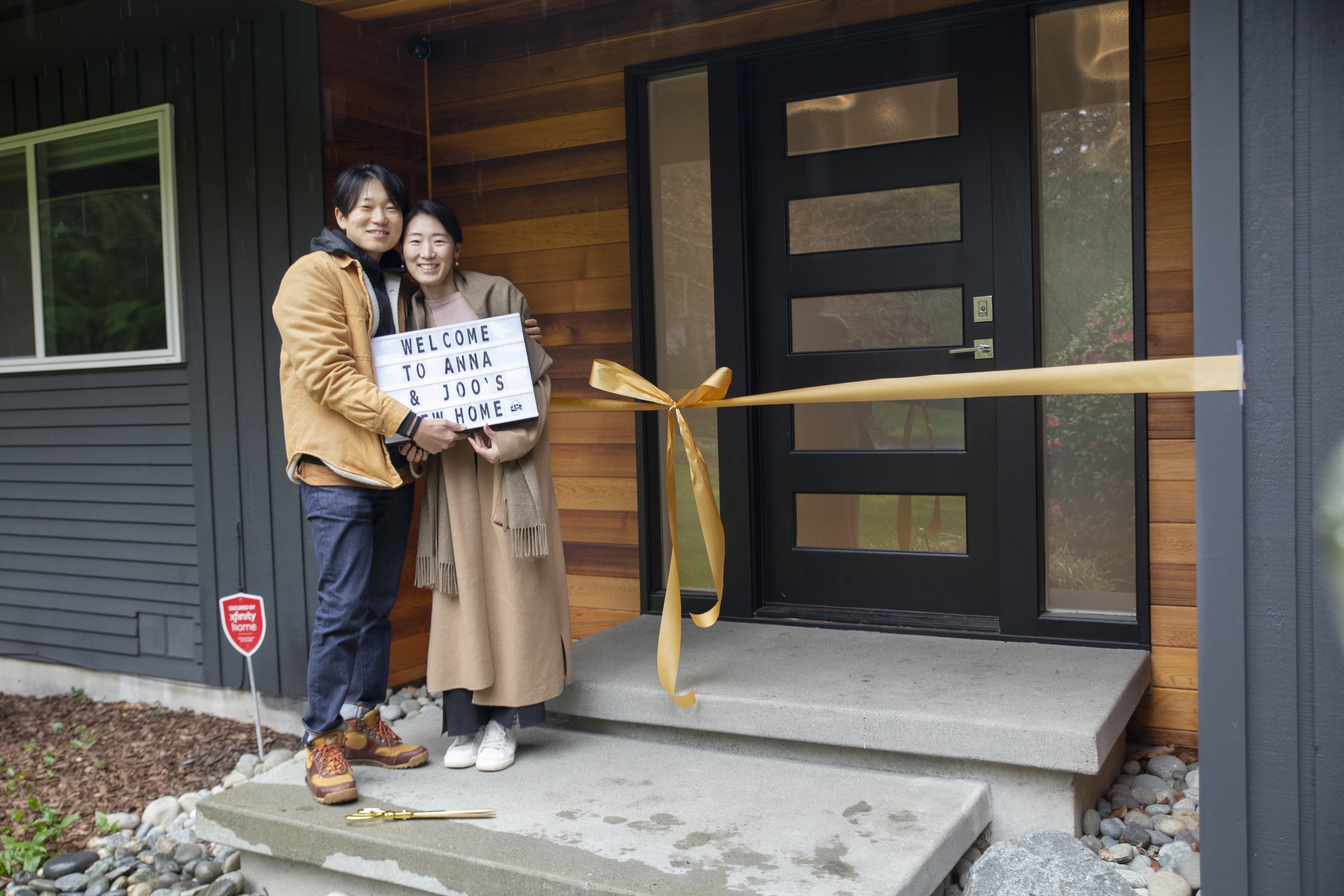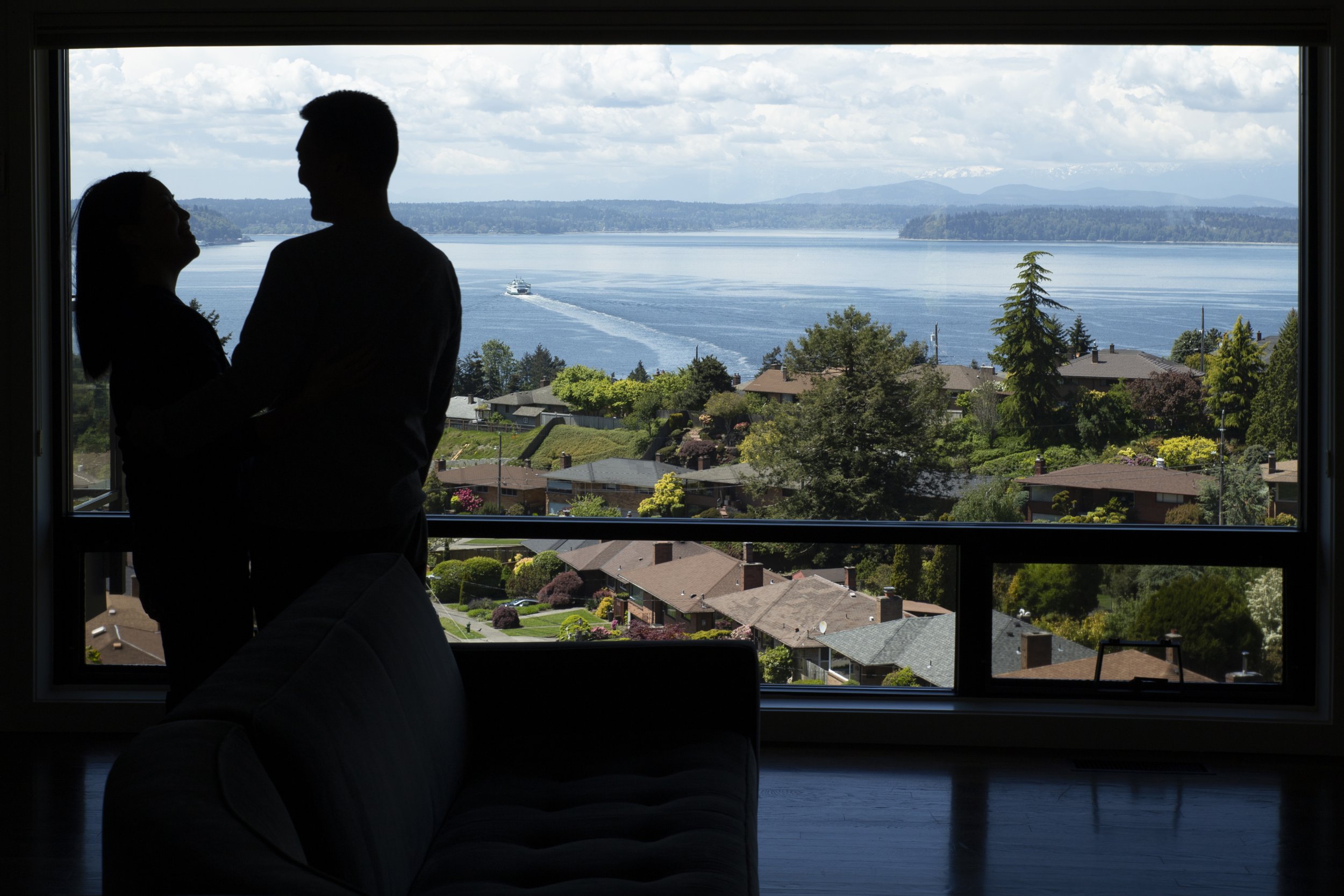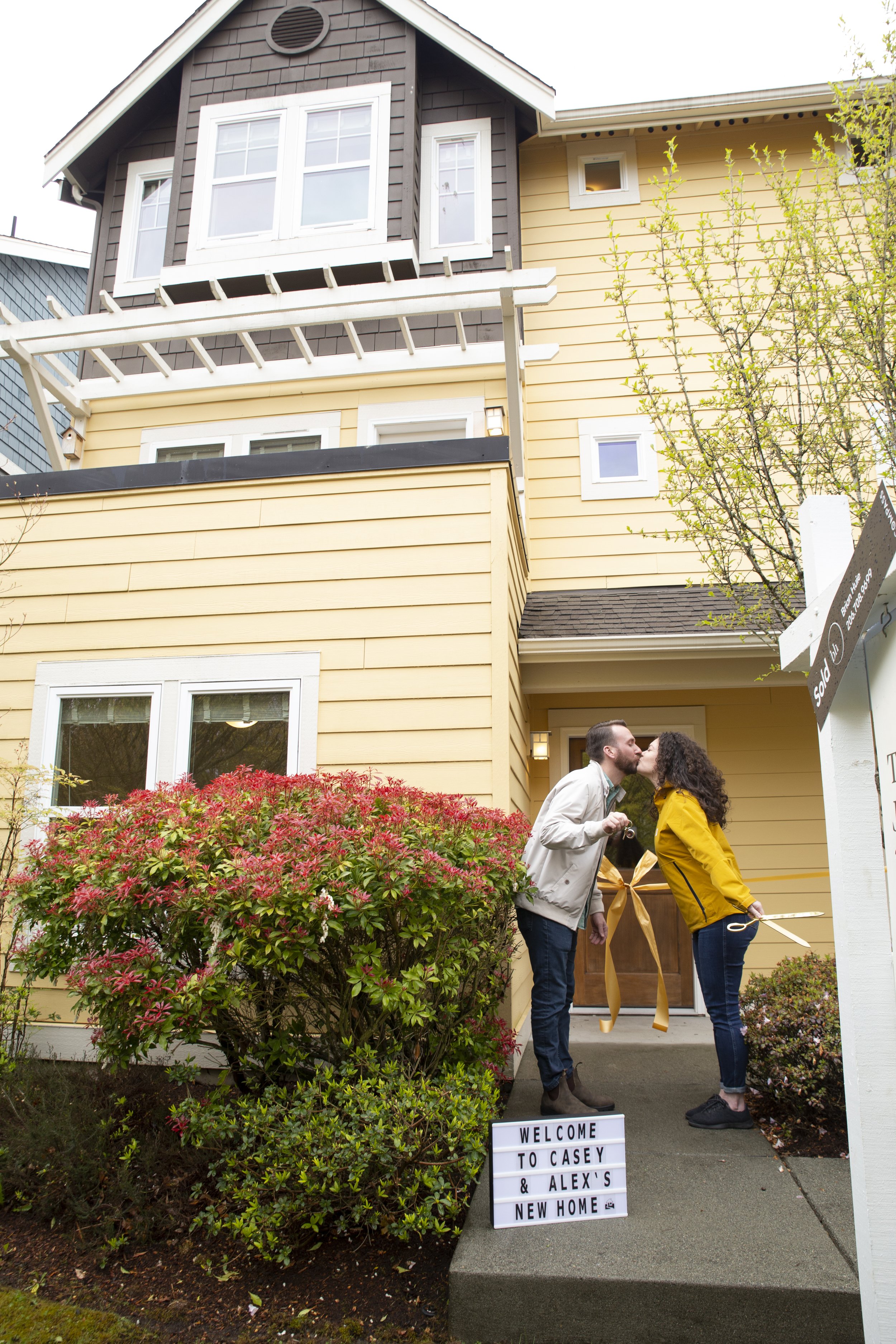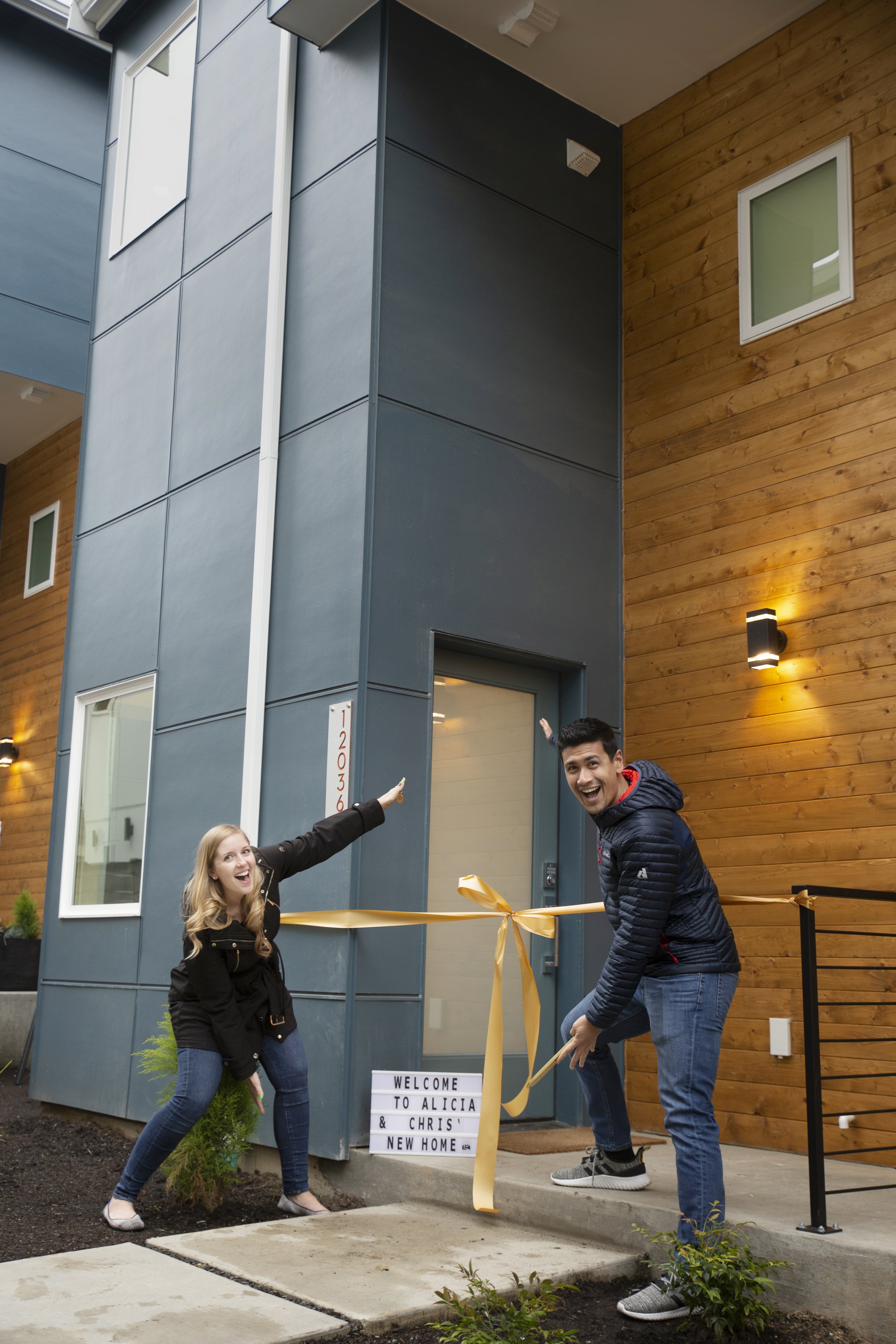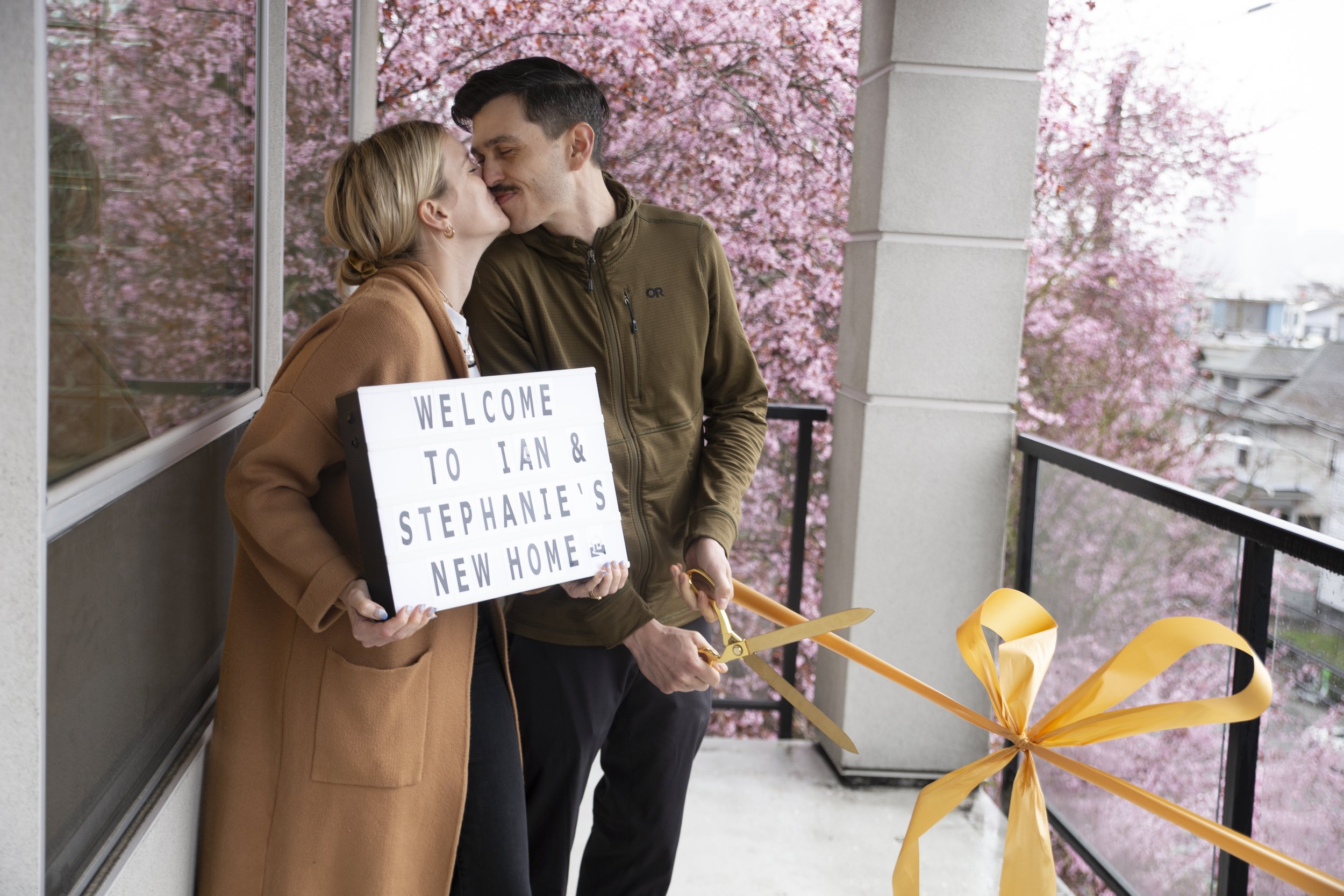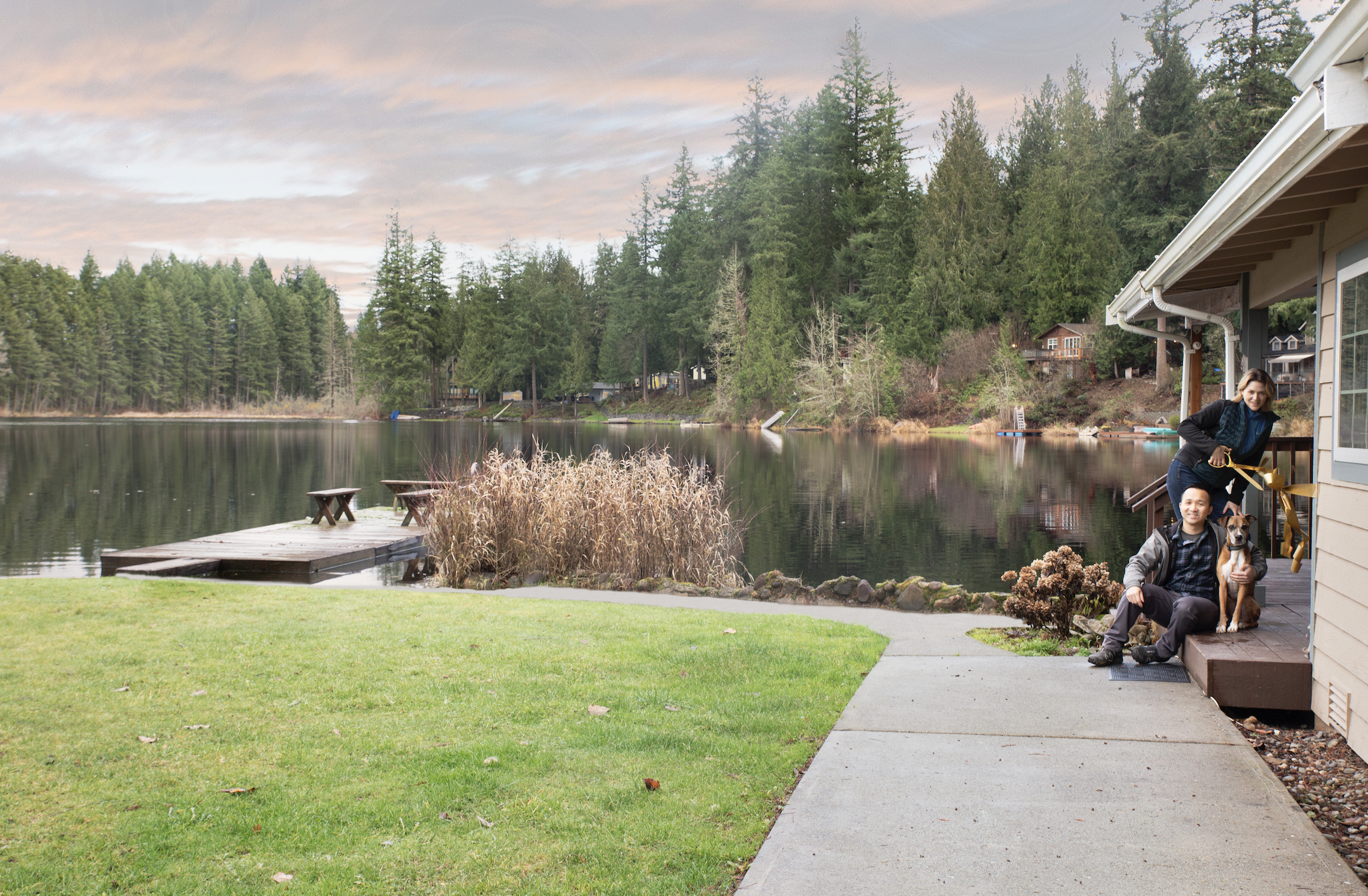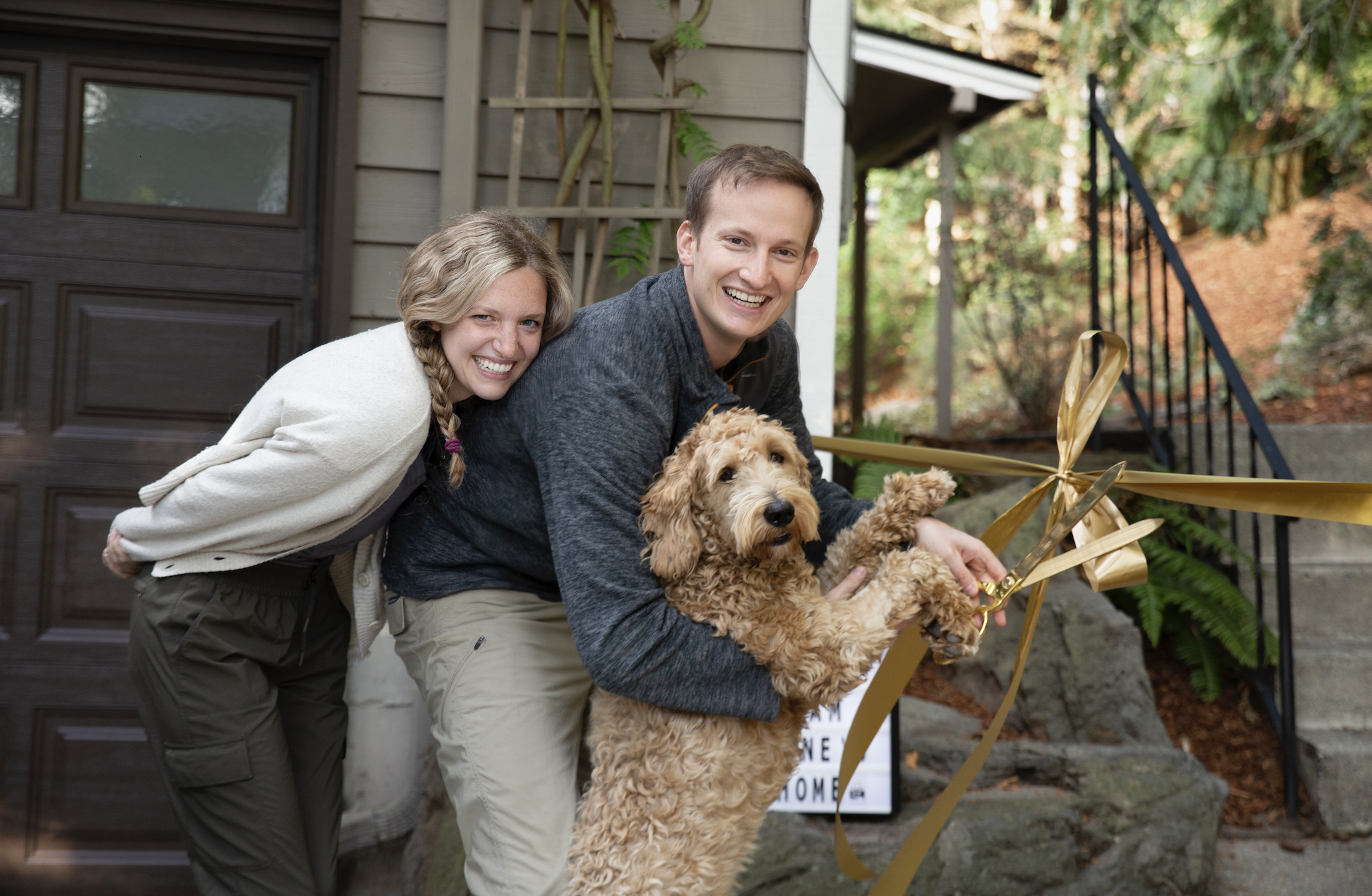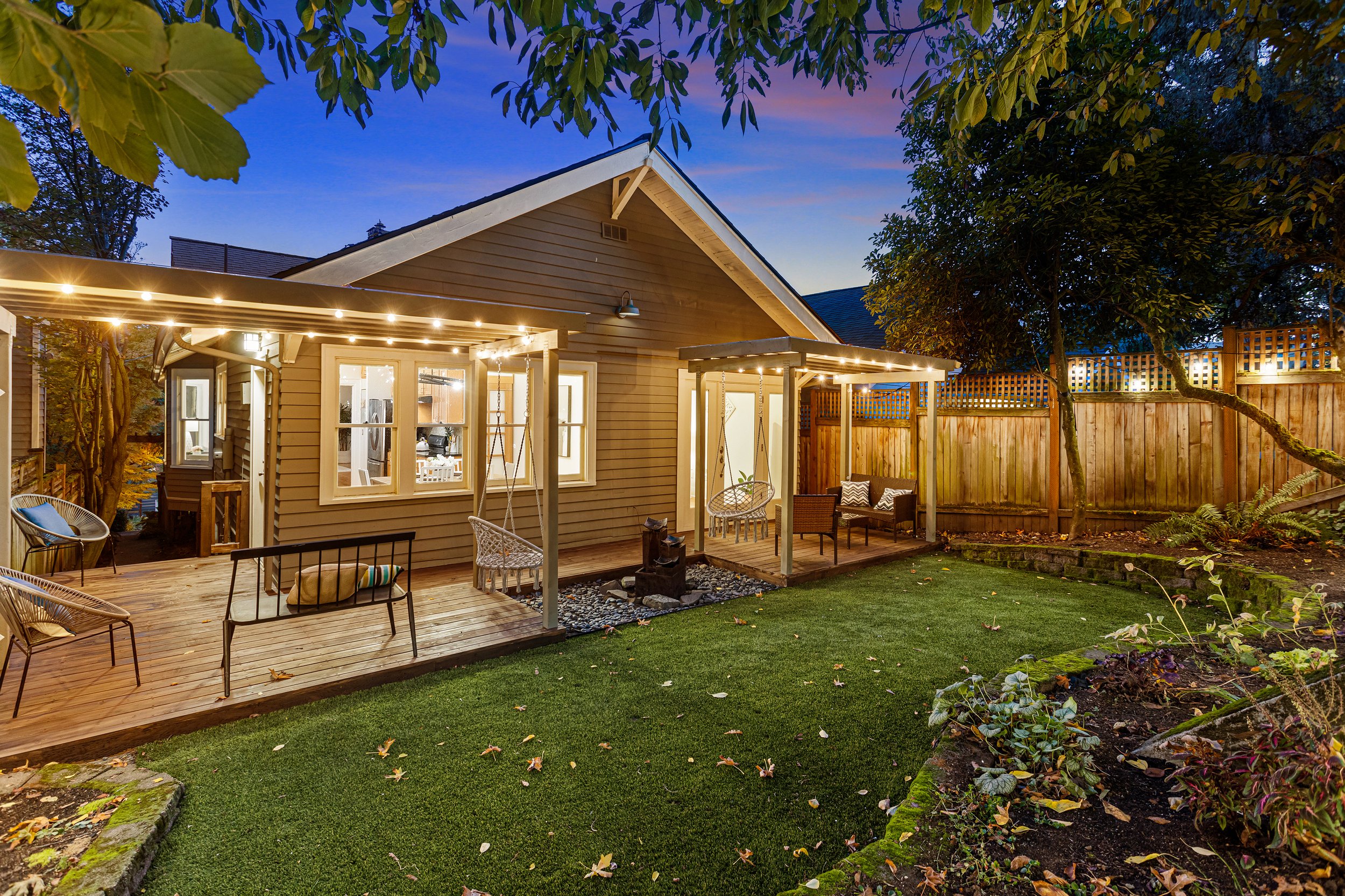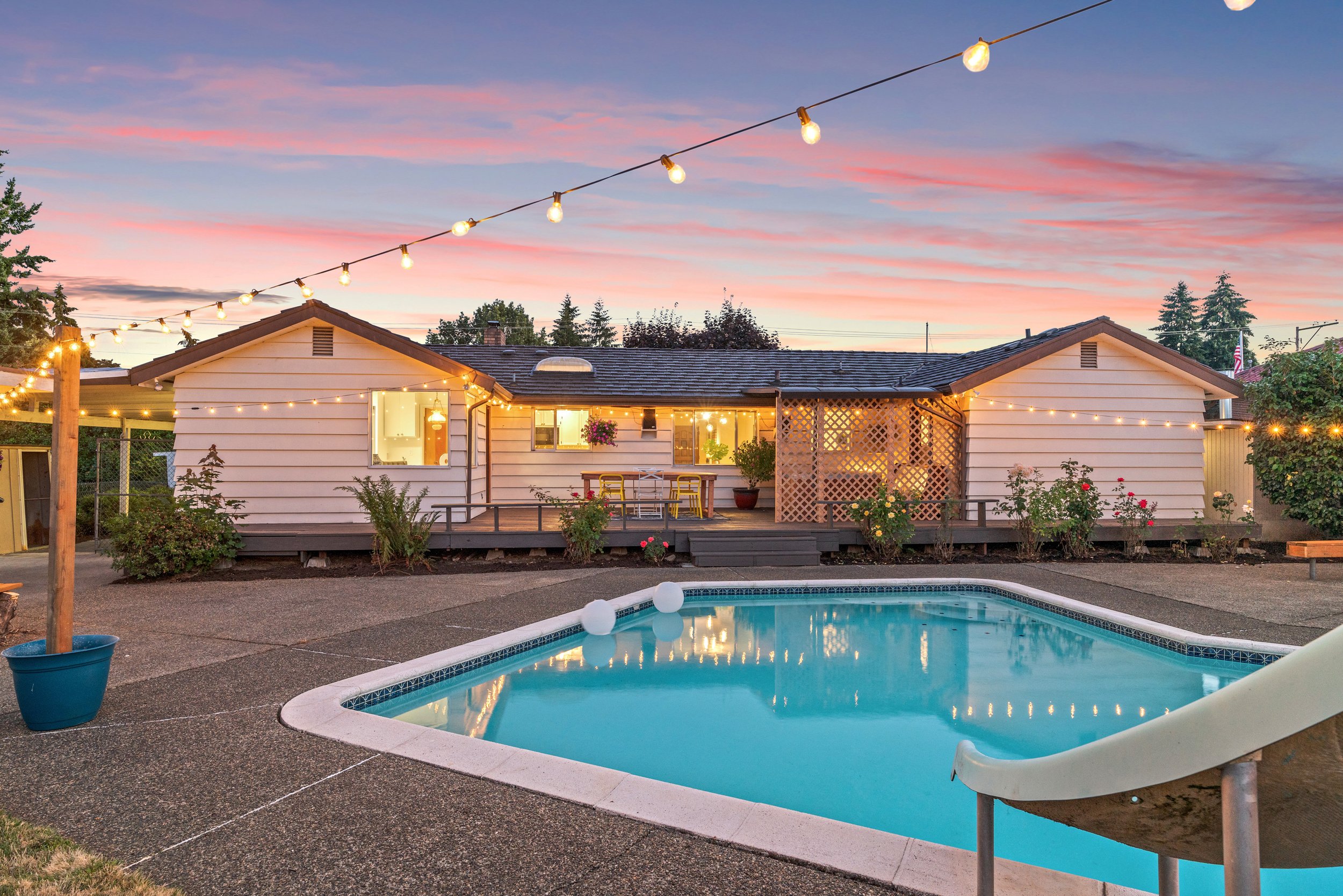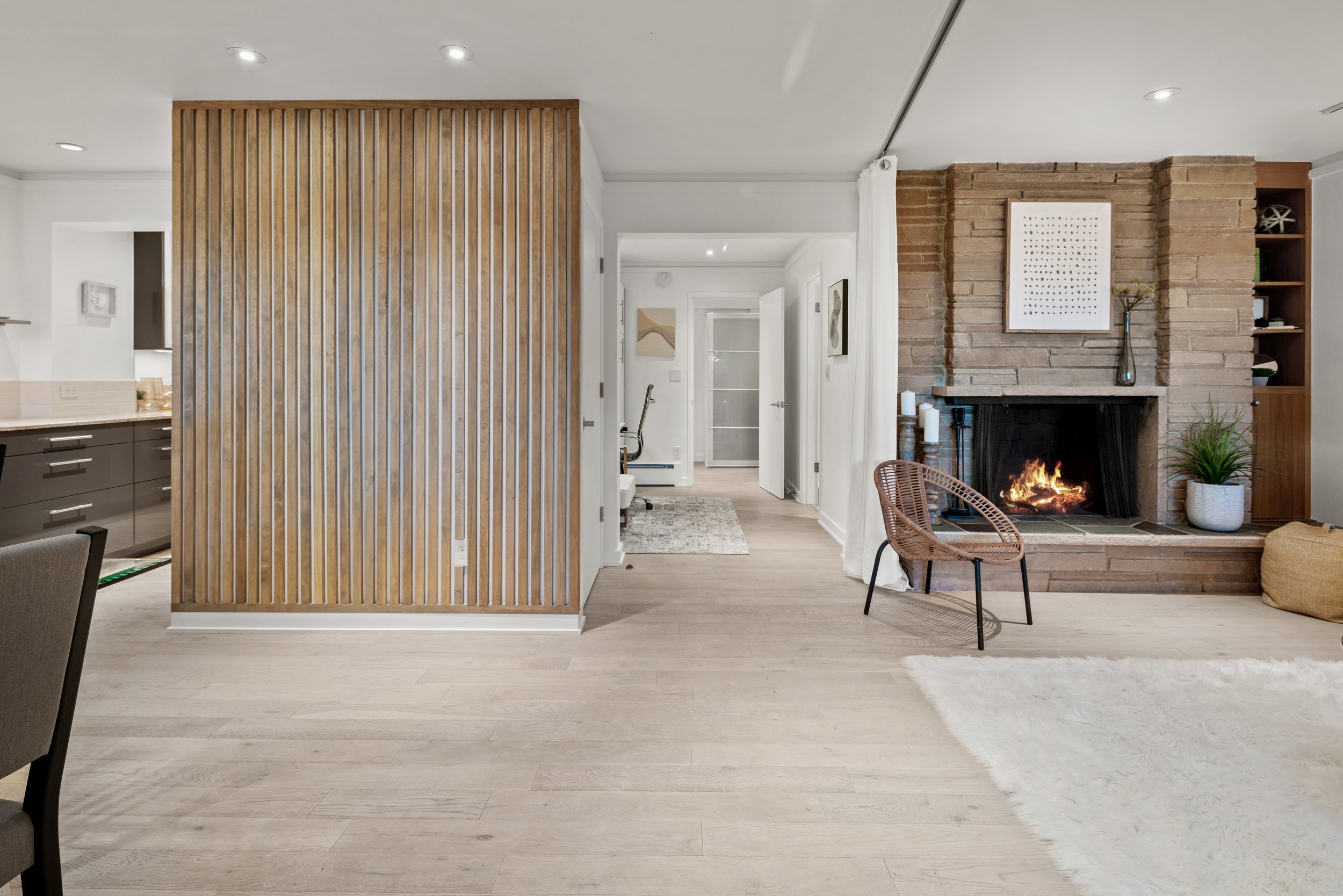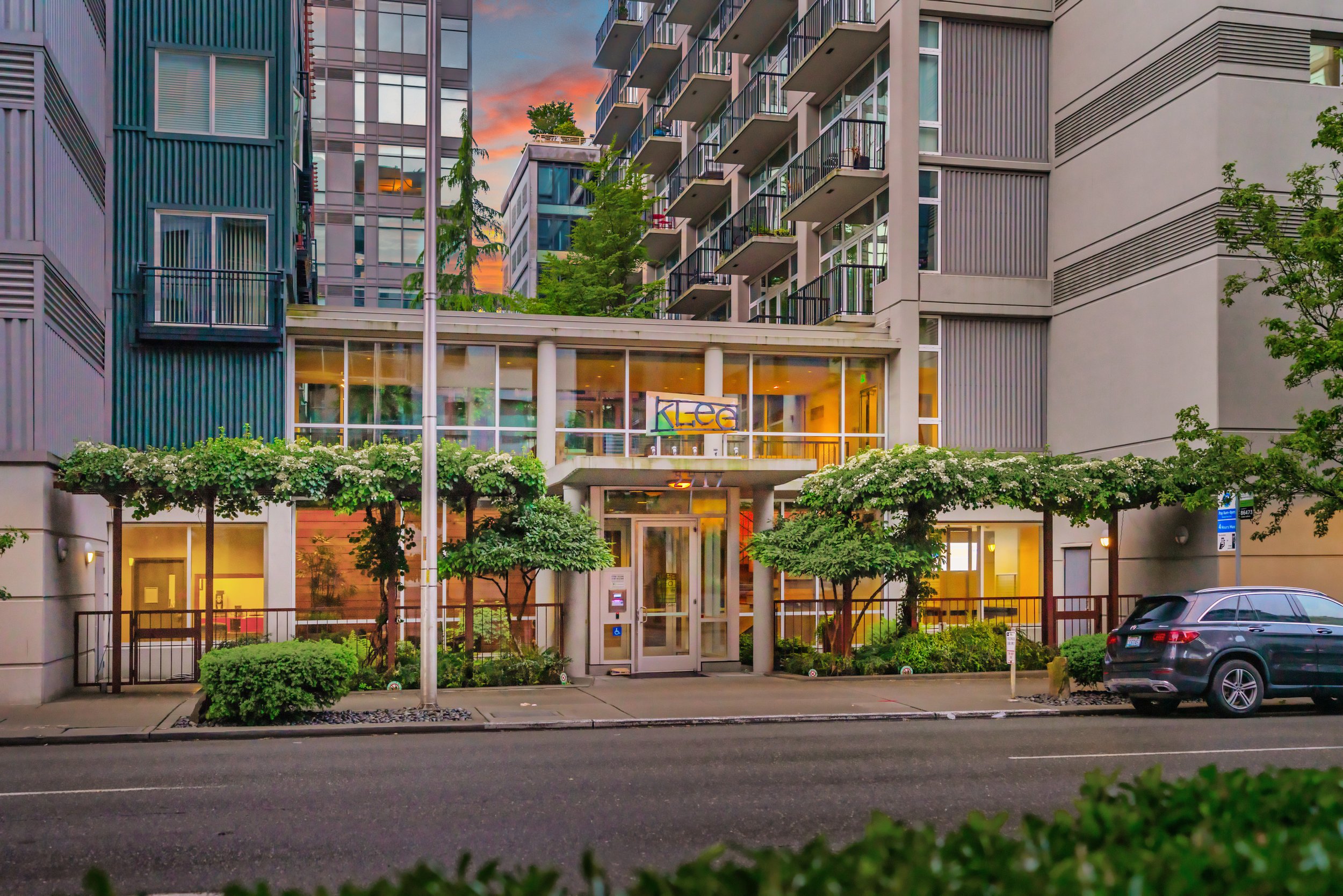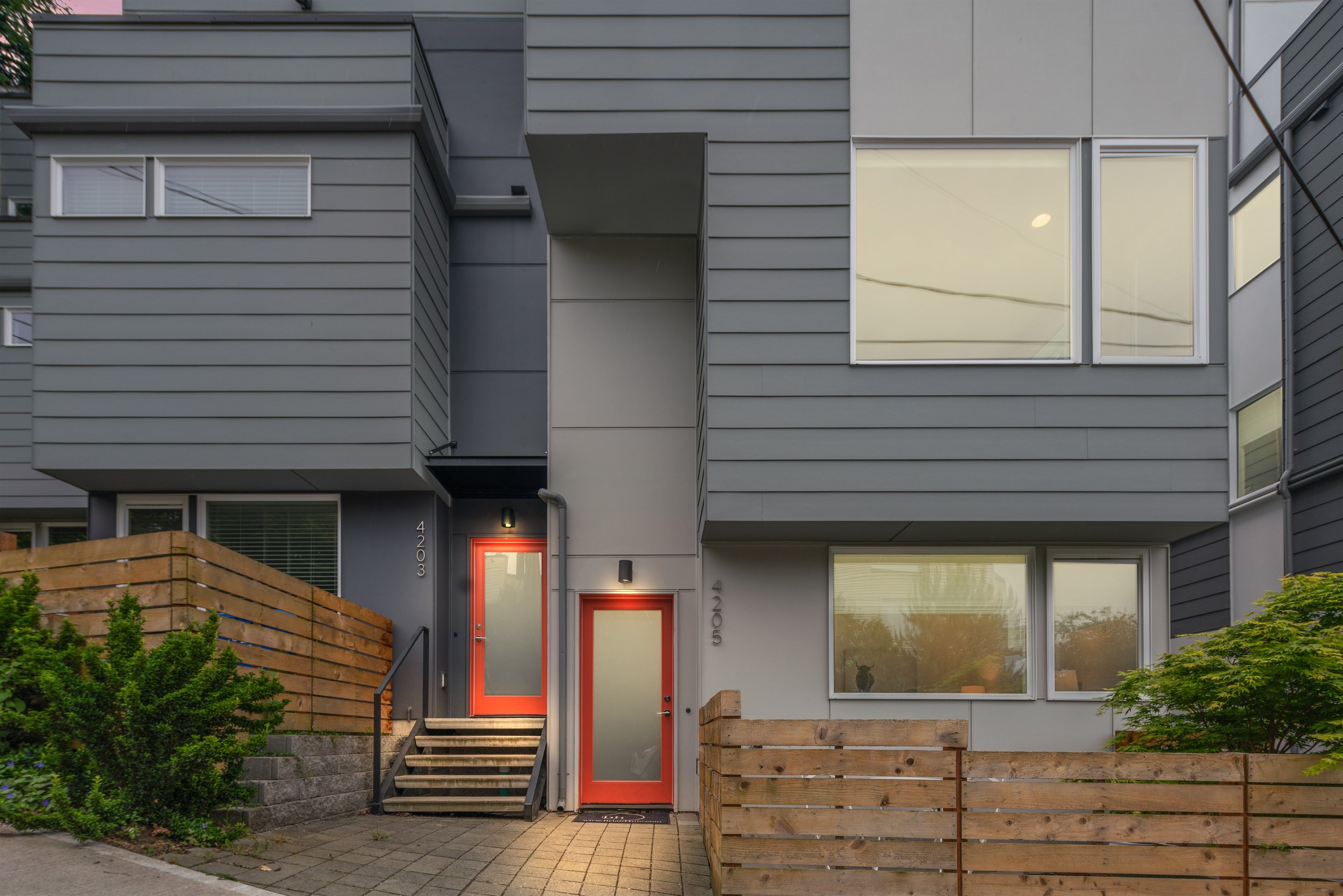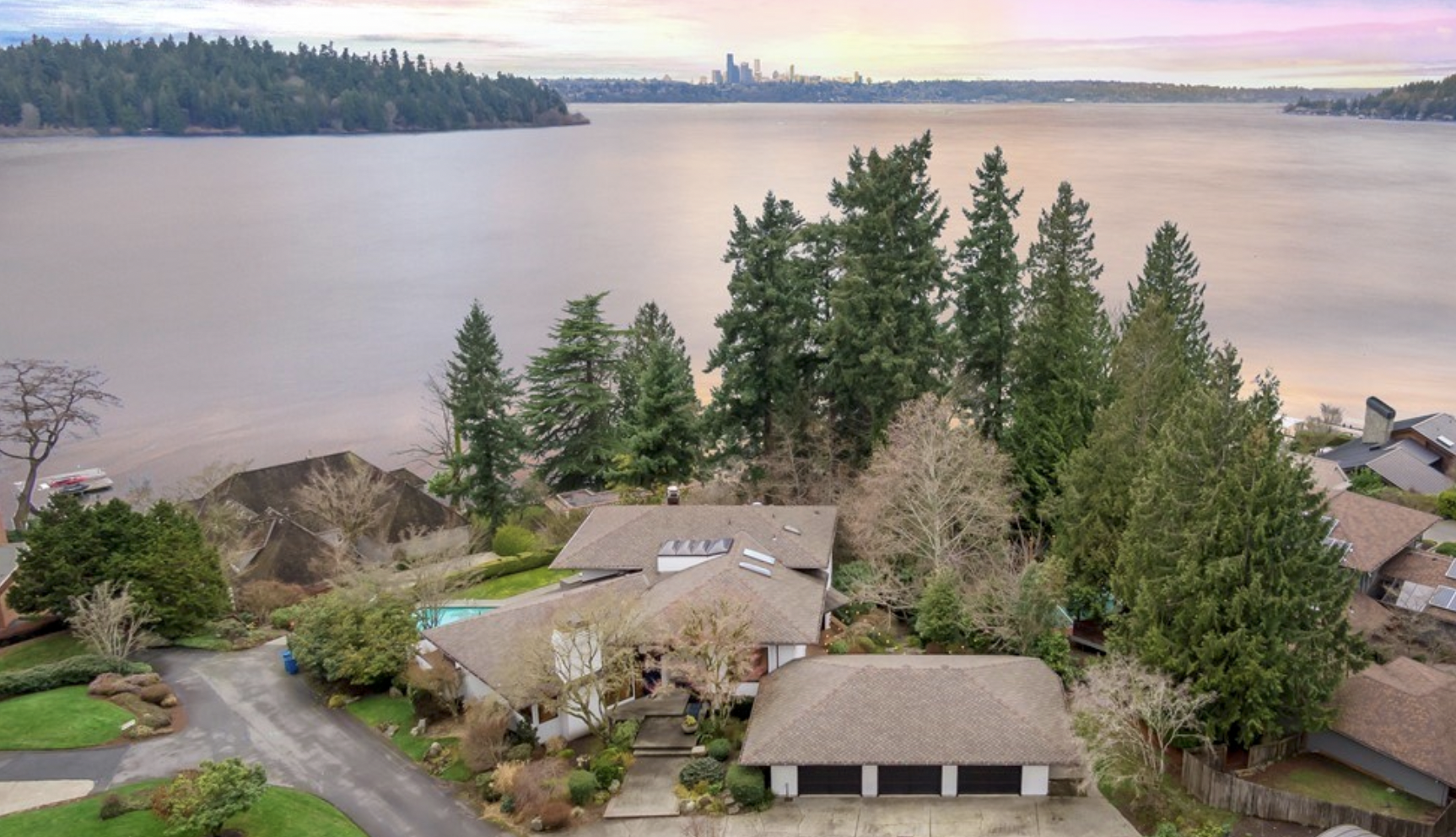What to expect from a home inspection in Washington
Let’s start with some basics:
1. What is a home inspection?
A home inspection is a visual inspection of a home — this means what is observable without moving, dismantling, or deconstructing systems in the home. A home inspector examines the home and describes all structural and systems concerns that they notice. A standard home inspection typically covers the heating and cooling systems, plumbing, electrical systems, foundation, roofing, basement/crawlspaces, attic, walls, windows, doors, ceilings, and other significant components of the home.
A sewer inspector, which is often a separate company, sends a camera into the sewer line to see if there are any holes in the sewer, roots growing into the pipes, or other concerns.
Additional, specialty, inspections may be considered in appropriate situations, such as septic or geotechnical inspections. I will let you know which, if any, specialty inspectors I recommend for the home.
3. What to know about the findings
Home inspectors rarely find a flawless house.
No home is exempt from flaws, even if it’s brand new. There will almost always be damages or issues, but it does not necessarily mean you need to walk right away from the home.
Unlike municipal building inspectors who sign off on permits, home inspectors are not code inspectors. That said, a home inspection is typically much more thorough and involved. That’s why even if a home has permits, it doesn’t necessarily mean the contractors completed the work properly, although it makes it much more likely. A quality home inspector will call out items that do not meet modern safety codes, which provides a baseline for safety standards. And while these are important, often times older homes do not meet modern building or code standards. Most of the time, this is not something that should be of immediate concern, but something to consider budgeting for in the future. When this comes up in your home inspection report, be sure to ask your home inspector about it and have them explain the issue.
Keep in mind:
Home building practices are constantly evolving. A home inspection focuses on today’s standards and practices but that doesn’t mean the home needs to meet today’s standards.You might see items on an inspection report because the item is different than how things are done today, but that doesn’t mean the home is in poor condition or must be addressed immediately. You can talk to your inspector about any of these concerns to better understand and feel comfortable with your purchase.
2. What to expect during the inspection
This typically takes between two and three hours depending on the size and age of the home. You should expect your home inspection to help you discover any issues, concerns, or deficiencies and limit the chance of any unpleasant surprises. It’s possible a few big repairs may be needed. By the end of your home inspection, you should know the condition of the home and be confident to make buying decisions.
You may ask questions and let the inspector know of areas you are particularly concerned about. That said, if you have a question that can wait until the end, ask it then. It’ll reduce the inspection time and help your inspector stay on task.
The home inspector will take photos and provide a summary, as well as a detailed home inspection report. At the end, your inspector should give you a summary of the home inspection and highlight the most important items. If you have questions on any of the items they’ve brought up, have them show you what they’re talking about and ask follow-up questions if something doesn’t make sense.
Here’s a random sampling of a few common issues to expect in a home inspection:
Siding ground clearance too low
Laser for garage door opener set at wrong height
Moss on the roof
GFCI receptacles not installed
Improperly installed, damaged, or missing flashings.
Broken Window Seals
Missing Water Heater Straps
Recommended Home + Sewer Inspectors
Retired builder of 30 years. Extremely detail oriented and also offers a "walk and talk" option which
can transfer into a full report if you wish. Extremely knowledgeable and is one of the few inspectors
who actually had a background in construction. Does inspections throughout the entire state of WA.
Performs sewer inspections at an additional charge.
Service area: Seattle and Mercer Island
Team of about 12 home inspectors who several also are trained to perform sewer inspections. The inspectors are trained and expected to err on the side of caution and over report rather than under report.
Performs sewer inspections at an additional charge
Service area: Pierce County, King County, Snohomish County
Recommended General Home Inspectors
Also a retired builder and uses infrared technology to help look for leaks inside walls and other spaces we can’t see. Performs “walk and talks” at a discounted price as well as “walk and talks” with an option to create a full report if we “win”, or can create a regular report at full price.
Performs air quality tests at an additional charge.
Service area: Snohomish, King, Chelan, Skagit Counties
PABI affiliated with required continual training. City of Seattle RRIO inspector.
Certified mold, pool/spa, radon inspector, performing these at an additional charge.
Service area: Seattle proper, parts of King and Kitsap
Recommended Sewer Inspectors
Recommended Sewer Contractors for Inspection and Bids
Systems Inspected During a Typical Home Inspection
Click to see what each category covers



















